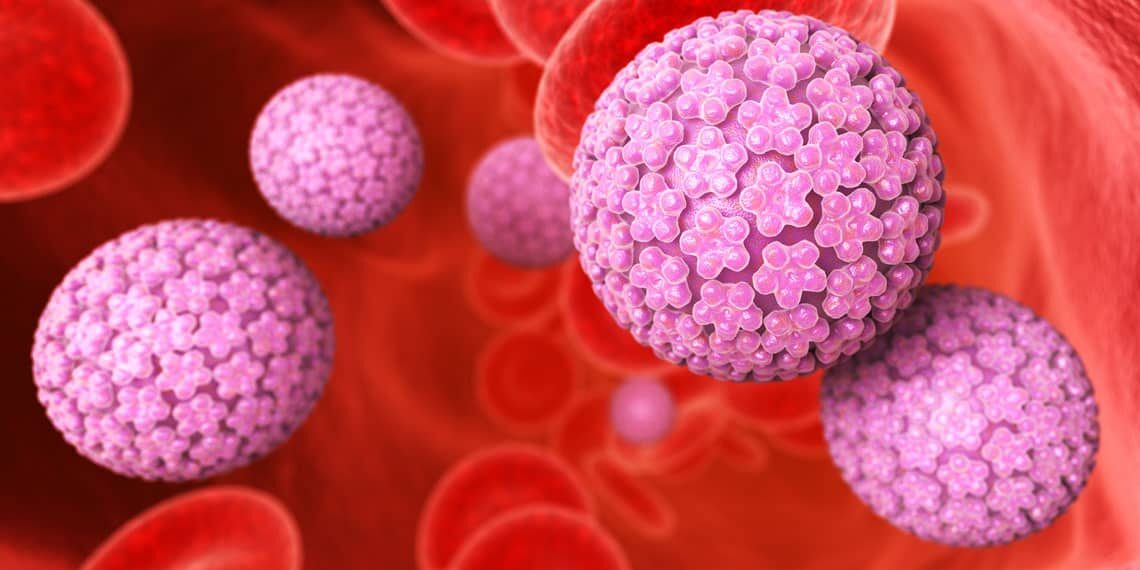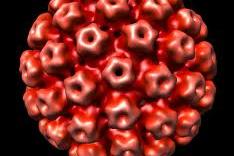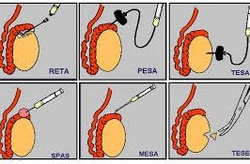Human Papilloma Virus (HPV) Testing
Human Papilloma Virus, HPV, is the common name for a group of viruses that affect your skin and moist membrane linings of your body such as the cervix, vulva, vagina, anus, throat and mouth. There are over one hundred types of the HPV virus and about forty types of the virus affect human genitelia.
HPV is a sexually transmitted disease which is very common. Most people are likely to have it at one point in their lives and some types of the HPV virus will go away on its own without being noticed. Younger people are more prone to the HPV virus perhaps because they might be more sexually active or because we develop immunity as we get older.
HPV can cause abnormal tissue growth or changes within cells (known as dysplasia) that can lead to more serious problems such as cervical cancer, rectal cancer, mouth or throat cancers. More commonly, HPV causes gential warts or warts and verrucas on other parts of the skin that has been in contact with them. Types of HPV that cause warts and verrucas do not usually cause cell changes that may develop into cancer. They are called low risk HPVs and are more common compared to the high risk HPVs. High-risk HPV strains include HPV 16 and 18, which cause about 70% of cervical cancers. Other high-risk HPV viruses include 31, 35, 39, 45, 51, 52, 58, and a few others. More strains are being discovered as we speak, so there is no definitive listing of high risk and low risk HPV viruses.
You can get HPV infection through vaginal, anal, or oral sex with someone who has previously acquired the virus. It is most commonly spread during vaginal or anal sex. Even if the infected person does not have any warts/lesions or symptoms of the virus, it can still be spread to other people with sexual contact. Using a condom may not necessarily protect you against HPV viruses as other parts of the skin can also be infected by HPV. Therefore, screening and vaccination are the best methods of protection.
Anyone who is sexually active is at the risk of exposure to HPV, even if you do not have multiple sexual partners. Certain types of HPV virus do not show any symptoms for years, making it hard to know when you first became infected. Anyone who is sexually active should be screened for HPV. If you are not infected, then the best course of action is to get vaccinated. Vaccines have been developed against the carcinogenic types of HPV, therefore, being vaccinated provides immunity for the most dangerous types of HPV.
For more information regarding our services, please use the contact form.
Other Fertility Related Services (click on the pictures to access the links)
Repeated IVF Failures
Repeated IVF failures can be very frustrating. IVF treatment is an emotional and a financial investment. For this end, if you have a number of IVF failures, then it will be important to undergo further investigation before attempting your next cycle.
HPV Testing, Genotyping and Management
HPV stands for human papilloma virus. It is a very common virus. Genital HPV is spread through direct skin-to-skin contact with someone who has an HPV infection. Contact includes vaginal, anal, and oral sex.
Recurrent Miscarriages
Repeated or recurrent miscarriages are a condition where the patient has experienced three or more miscarriages back to back. The reason for these miscarriages could be egg/sperm related or may have a genetic association.
Surgical Sperm Retrieval
(TESA/PESA/MESA)
Surgical sperm extraction, or surgical sperm retrieval contains a number of minor operations aiming to retrieve live sperm cells surgically in patients whose ejaculate does not contain live sperm cells suitable for fertilization.
Sickle Cell Anemia
Sickle cell anemia, or sickle cell disease is a condition where the red blood cells are sickle shaped. Pattern of inheritance is autosomal recessive, therefore, both partners should be carriers of the mutated gene. Prevention is possible via PGD.
PGD for Genetic Diagnosis
Pre-Implantation Genetic Diagnosis, or more precisely, pre-implantation genetic screening is an embryo selection method where embryos can be screened for common genetic disorders or single gene defects.








